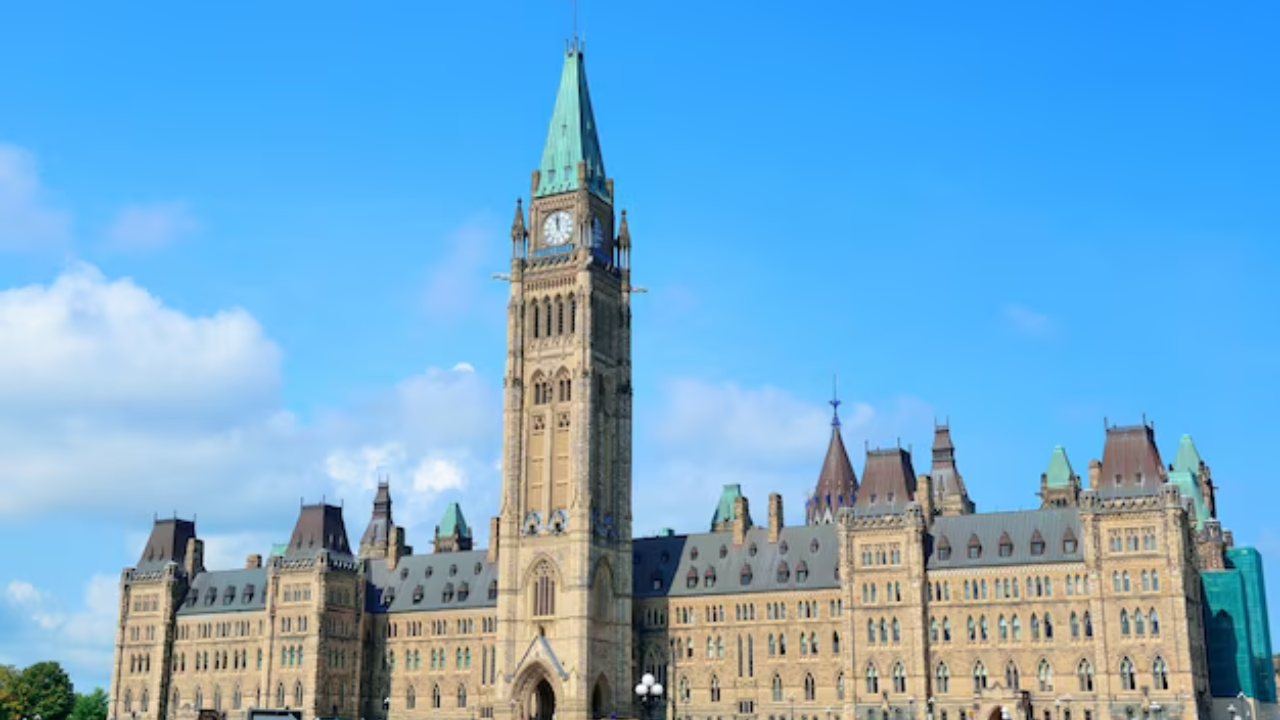

Canada's immigration department has introduced stricter limits on study permits and revised eligibility rules for post-graduation work permits (PGWP). These changes aim to reduce the number of international students entering the country and set new language requirements for those applying for work permits after graduation.
Canada's Immigration Minister, Marc Miller, has confirmed that the cap on international student permits will remain in place, with only 437,000 permits to be issued in 2025. This reflects a 10% reduction from the 2024 target of 485,000 permits. By 2026, the cap will stabilize, leading to about 300,000 fewer study permits granted over the next few years. This move is part of a broader effort to manage Canada’s immigration system effectively.
Miller acknowledged that not everyone who wishes to come or stay in Canada will be able to do so, emphasizing the need for a sustainable immigration system. The minister also announced changes for master’s and PhD students, who now need a Provincial Attestation Letter (PAL), a requirement previously applied to undergraduate and college students. This change aims to verify the authenticity of applications and control the number of study permits issued. About 12% of the total allocation is reserved for these higher-level students due to the value they bring to the Canadian labour market.
Further changes have been introduced for the Post-Graduation Work Permit (PGWP) program. From November 1, applicants must meet new language proficiency requirements, with a Canadian Language Benchmark (CLB) score of 7 for university graduates and 5 for college graduates. These stricter conditions are expected to reduce the number of PGWPs issued by 175,000 over the next three years.
Additionally, work permit eligibility for spouses of master’s degree students will be limited to those in programs lasting at least 16 months, leading to a reduction of around 50,000 spousal work permits in the coming years. The government has also tightened Spousal Open Work Permits to the spouses of Canadians or permanent residents working in critical sectors.
Canada’s growing unemployment rate, which rose to 6.6% in August 2024, has also influenced these changes. The government aims to limit the number of temporary residents with work permits, aligning with a broader effort to stabilize employment opportunities for Canadian citizens. Employment Minister Randy Boissonnault echoed Miller’s sentiments, stating that the Temporary Foreign Worker Program (TFWP) should only be used when absolutely necessary and not to displace Canadian workers or lower wages.
Other changes to Canada’s immigration policies include a temporary cap on study permits, new restrictions on PGWP eligibility, and the introduction of temporary resident levels in Canada’s Immigration Levels Plan for 2025-2027. This plan seeks to reduce the number of temporary residents, focusing on curbing work permits issued under the TFWP in areas with high unemployment.
The government has also ended a COVID-era policy that allowed some visitors to apply for work permits from inside Canada and has paused processing certain Labour Market Impact Assessments (LMIAs) in low-wage sectors in areas with unemployment rates above 6%. These steps are part of Canada’s effort to manage the influx of temporary residents and ensure its immigration system remains well-balanced and sustainable.
Having an 'Identity Verified' badge or being 'Identity Verified' simply indicates that an individual has submitted information to complete our identity verification process or we have conducted internal verification using various authorized websites. While this process includes safeguards, it does not guarantee that the person is who they claim to be.
If you encounter any issues with this profile, please report them here. While all consultants who are verified have RCIC ID, we may not have the latest data in terms of their renewal/cancellation/discontinuation of their RCIC ID.
The "Verified Consultants" profiles are created using publicly available information, including data from the IRCC website, official consultant sites, other listing platforms, and social media. Immiperts.com is an independent platform, not affiliated with IRCC or any registered immigration consultants. To update, claim, or remove your profile, please contact us at [email protected].
╳